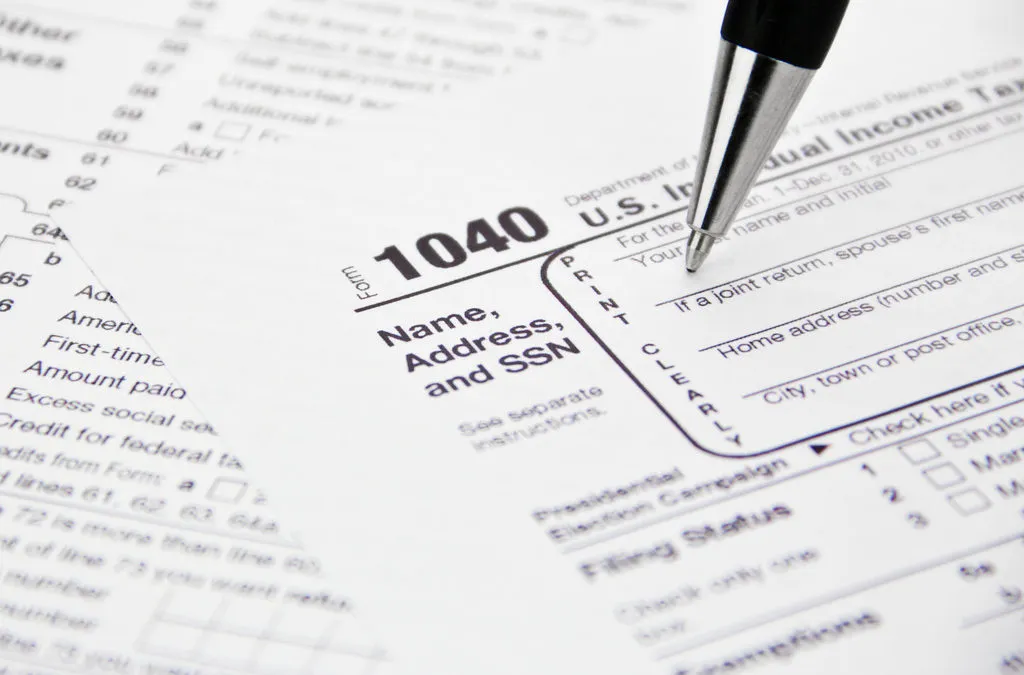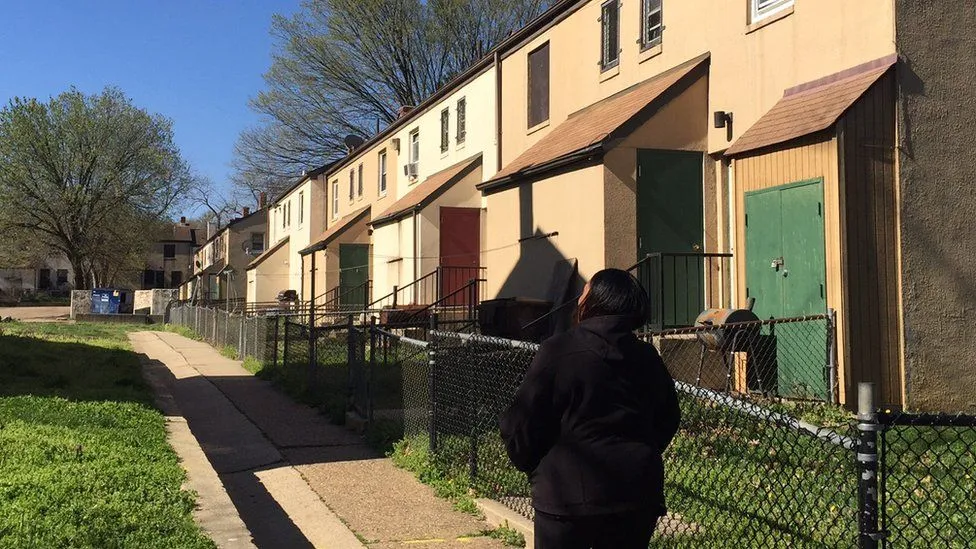The Basics: What is UBD?
 Image Source
Image Source
The argument for having a system of equal payment or some other form of a national universal basic income has been a topic of much debate and conflicting thoughts for many years. As economists and other individuals based in jobs of business or financials clash back and forth with themselves and politicians on whether a system of universal income should be adopted, Dr. Trost has taken the stance that a universal dividend could be the solution. The changing from a system of universal income to a system of universal dividend allows for a much simpler, less corruptible level of management. As defined by Dr. Trost, a dividend is a distribution of profits to eligible shareholders, whereas income is a direct cash payment. The system proposed by Dr. Trost has both it's advantages and disadvantages in my personal opinion, however, I do agree that of the two systems a system of dividends is much better than a system of incomes, in terms of having universal levels.
My Advantages and Benefits
 Image Source
Image Source
I believe that the system laid out by Dr. Trost would provide a fair system of support to a vast number of American families living under or near the poverty line. One of the most beneficial stances for those who are impoverished or struggle with the current American system is the belief of a universal 25% tax rate. With this system of taxing, where universally every citizen will be taxed the same percentage of their income, regardless of how high or low that is, those in low-income jobs are given a chance to be on the same field as other individuals who make more than them. However, I think this tax system only truly benefits anyone greatly under the circumstance that a national dividend is given. The proposed system from Dr. Trost would be that every American citizen is given $9,000 no strings attached on top of the income they already have. This nontaxable money would allow citizens with low income or low skill jobs to actually benefit from the universal tax rate, which I believe is a key to allowing them to better, or at least seek better, living conditions for themselves. I have not historically been an avid supporter of having a universal tax rate, I believe that the system that Dr. Trost proposed utilizes this theory of rate in a way that would benefit the bottom of the American economy greatly. Even those who earn enough to pay more than $9,000 in taxes (contributors) end up paying less on their taxes than they would in a typical universal tax rate system. If the guaranteed $9,000 can be used however the individual so pleases, then the person could save $9,000 from their own income they would have usually put towards their annual taxes.
Additionally, Dr. Trost provides a list of some of his non-negotiable points for executing this plan, which contains two points I can agree with under the given system. Firstly, the elimination of welfare programs of all kinds. I believe that as a society we have created a culture that can become satisfied with riding off of welfare and the work of others. Under the proposed system, I believe that, despite the guaranteed payment, an incentive to work is still present as $9,000 a year does not provide sufficient funding for an enjoyable quality of life. Providing additional funds to help people better their situations while still providing incitement to work is a system that I believe is fair and prevents individuals from living solely off the government. Secondly, I agree with his sentiment that should this be put in place, it needs to be via a method that does not allow politicians to overturn it or change the numbers to favor their personal gain. While I do not know if a constitutional amendment would be the approach I prefer, it certainly provides the protection from politicians that I do agree with Dr. Trost on.
Disagreements and Potential Problems
 Image Source
Image Source
While I do agree with Dr. Trost on a number of his presenting points for his plan, I do have a few concerns of potential backlashes that could occur. I will note, many of these disagreements stem from my history with and upbringing in the public school system in a rural area.
One of these specific concerns is that the system proposed by Dr. Trost would encourage people to move areas more freely and produce larger families. While I support the freedom of people to move as they see fit and can afford, I think this paired with the incentive for people to become parents younger and have more children would begin to cut into what is left of America's rural and farm areas. I am a firm believer that the agricultural sector of America is by far one of, if not the most important sections of our economy to reserve. Even in a society that is becoming anti-meat, or in certain instances anti-wheat, the practices of farming and ranching are indescribably beneficial to our nation as we know it, it terms of sustainability and economics. I am emotionally attached to both the idea of rural life and the practices of agricultural production, however, I think anyone would recognize the threat that increased relocation and population growth could have on the agricultural industry.
Furthermore, I believe that privatizing education is not in the best interests of the nation. While under Trost's system there a few benefits of education's privatization, I believe it puts us at a risk of creating a lack of educational diversity. While some might say that having state requirements of education, such as TEKS in Texas, create a system of education that lacks branching out, I believe that the work that the school does beyond state requirements gives students a more well-rounded education and prepares them for a variety of classes in college or problems in life. My fear with completely privatizing education is that we will see so many school's specialize in certain areas, that we will have sectors of students who excel in one area (that varying on what school they attend) but fall behind what would be considered average in other subjects or categories. While I am not opposed to giving students the opportunity to specialize in a field, I have fears that privatizing education entirely would yield a system that produces a specific skill set based on where you attend that leaves you lacking in fields outside your specialization.
Conclusion
Whether you grew up in a struggling inner-city environment or grew up in the openness of a rural town, we can all admit there are flaws in our current economic system, especially in how we tax our citizens. I believe that Dr. Trost has created a plan that could very well solve some of these problems and serve as an effective base plan for our nation going forward. However, as a result of my background and the environment I was raised in, I have some fears and reservations about what his plan could indirectly effect if implemented. Like any plan, it is not perfect, but I do think it provides a number of positives that should be kept in mind when discussing the issue of having a universal basic dividend.